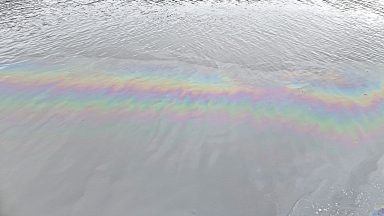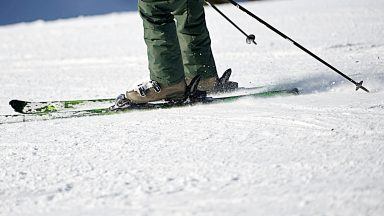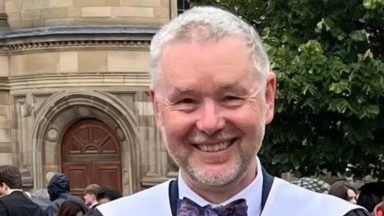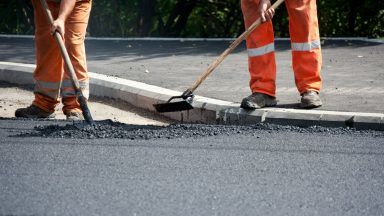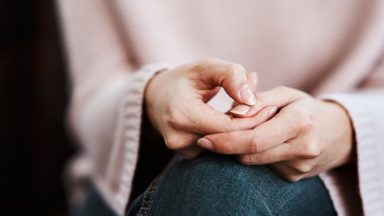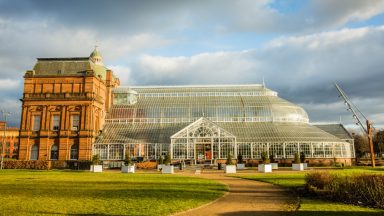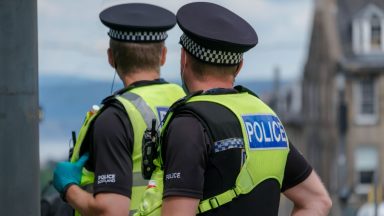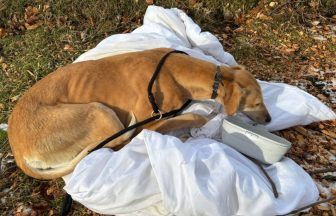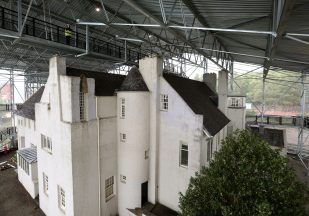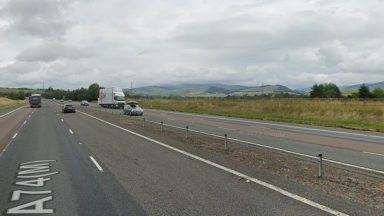Some of Glasgow’s best known buildings are being lit purple to commemorate those who have lost their lives to drugs on International Overdose Awareness Day.
Glasgow City Chambers in George Square, the Finnieston Crane, the Ovo Hydro and Queen Elizabeth University Hospital will be lit up with colour to raise awareness for the cause and in remembrance of the 311 people who died of a drug-related death in the city last year.
It was revealed last month that Glasgow had a record number of drug deaths last year, and the highest number of fatalities in Scotland.
Glasgow’s Alcohol and Drug Partnership (ADP), who work to tackle drug and alcohol issues through partnership working, coordinated the lighting display.

Jacqueline Kerr, ADP chair, said: “We’re delighted so many of Glasgow’s most recognisable landmarks will be showing their support on International Overdose Awareness day.
“In Glasgow alone, we lost 311 people to drug related deaths in 2021. Every drug related death is preventable so it is vital that we all come together to reduce the harms caused by alcohol and drugs.
“We hope that lighting up buildings across the city will show support to the outstanding services and recovery communities across Glasgow but also to help raise awareness and encourage people to get involved in any way they can, for example learning to spot an overdose and carrying naloxone.”
Campaign group Favor UK – Faces and Voices of Recovery – organised a vigil which was held in George Square underneath a purple-lit building on Wednesday evening.
Speaker, and CEO of recovery charity Sisco, Natalie Logan MacLean said: “The stigma that is attached to addiction or that attached to someone that has died is harrowing and people often don’t get to grieve in public so this was an opportunity for families to unite.
“We need to remember the name not the statistic. I have lost six family members to addiction and I last stood at an event like this three years ago and in those three years I feel nothing has changed, we continue to invest in the same services. We need to be radical and brave.”
Among the other powerful speakers was a mother who said she felt like the ” only one in her family that has escaped death” after losing three sisters and a son to drugs.
Another mother described a ” lifetime of pain” after the death of her son.
One woman had only lost her dad seven weeks ago while a young man spoke of how his brother who died from a heroin overdose had no care and no support. Others, once in active addiction, shared their experiences of recovery to applause from the crowd.
Drugs policy minister Angela Constance addressed the crowd, and said: “Many of you have spoken of a sense of powerlessness. What I can say to you is that your personal testimony has great power and indeed is a force for change. “
The police roll-out of a lifesaving nasal spray which can help treat people who have overdosed began on August 31.
In February, chief constable Iain Livingstone announced more than 12,000 officers would be trained and equipped with naloxone following successful trial runs in Dundee, Falkirk, Glasgow, Stirling and Caithness.
During the trial, the kits helped provide first aid 62 times to people who had overdosed on opioids such as heroin.
Naloxone works by reversing the respiratory suppression caused by opioids and opiates and can buy the casualty critical minutes until ambulance clinicians arrive on scene.
1,330 people lost their lives to drug misuse in 2021, according to latest figures published by National Records of Scotland (NRS) – just nine fewer than the previous year.
Follow STV News on WhatsApp
Scan the QR code on your mobile device for all the latest news from around the country


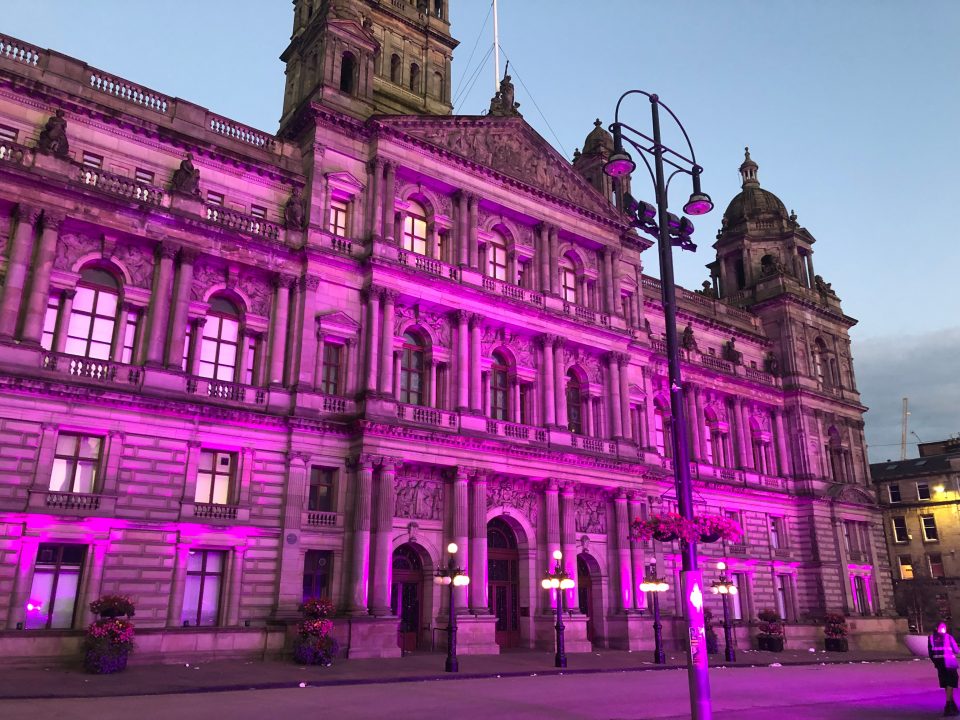 STV News
STV News

